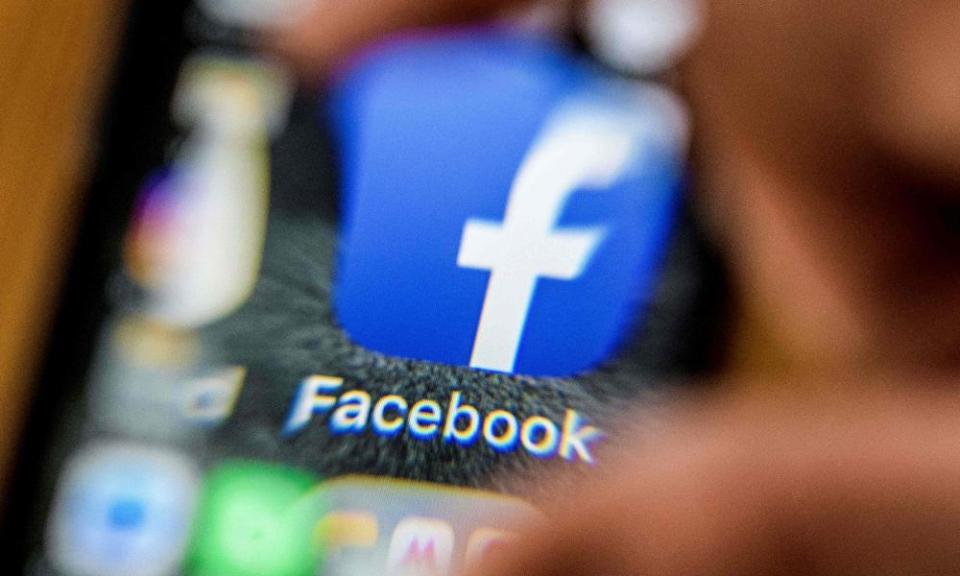You’ve decided to delete Facebook but what will you replace it with?

For too many people considering leaping aboard the #DeleteFacebook bandwagon, the answer is simple: switch your photo and video sharing to Instagram and your messaging to WhatsApp. But what many do not realise is that both of those apps are owned by Facebook – since September 2012 and October 2014 respectively.
It is a mark of the company’s dominance of the social media landscape – Facebook has 2.13 billion monthly active users, WhatsApp 1.5 billion and Instagram 800 million – that finding a single alternative is difficult.
While some services, including Ello and Diaspora, have been over-optimistically hailed as potential “Facebook-killers”, they have struggled to catch on for a simple reason: these other sites and apps can provide features similar to (and in theory, better than) Facebook, but if your friends and family aren’t using them, what’s the point?
For those determined to exit the Facebook ecosystem, the best approach is more likely to be a patchwork of sites and apps that mirror individual features. Messaging is the easiest: apps such as Telegram and Signal offer messaging and group chats, as well as voice calls, with encryption to keep your communications private. Telegram even has a thriving collection of chatbots, similar to Facebook Messenger.
One of this year’s most intriguing potential Facebook alternatives is Vero, which launched in summer 2015, originally as a photo and video-sharing app with an emphasis on privacy. It did not make much of an impact until earlier this year, when its downloads suddenly soared, sending it to the top of app-store charts across the world.
Part of Vero’s appeal to Facebook deleters is its determination to be ad-free. It is planning instead to start charging a small annual subscription at some point – although the app has already experienced its own backlash. In February, founder Ayman Hariri was criticised over past associations with a company that was the subject of allegations concerning employee conditions. The fact that Vero has several Russian developers has also become a talking point.
Snapchat will be hoping to pick up some Facebook refuseniks in the coming weeks, especially since a recent (controversial) redesign of its app to make it less confusing for new users. Last year saw plenty of speculation that Snapchat was losing customers to Instagram in particular, although for the moment there is no sense yet that the flow is reversing following the Cambridge Analytica revelations.
Some Facebook alternatives focus more on local features. Nextdoor is about connecting users with the people in their real-life community – where they live – while Raftr takes the approach of linking people who are interested in the same topics or activities, wherever they are in the world. Boot-sale app Shpock, meanwhile, already arguably does a better job than Facebook’s Marketplace feature at being a more-local eBay.
One service, Mastodon, has seen a surge in sign-ups following the Facebook privacy stories, although it is an alternative more to Twitter than Facebook. Like Vero, it is promising to avoid advertising (and thus selling users’ data), although in this case the chosen method is donations rather than subscriptions.
It may be that ditching Facebook is not the answer, but rather restricting how your data is used and shared by the company. Facebook has just made its built-in privacy and data settings easier to use, redesigning its mobile app’s settings menu. “Instead of having settings spread across nearly 20 different screens, they’re now accessible from a single place,” it explained in a blog post announcing the change.
External companies are also looking at reining in the data that Facebook has access to. Mozilla, which makes the Firefox web browser, has just launched a Facebook Container Extension (a downloadable plug-in) that prevents Facebook from tracking you across other websites. Other plug-ins, such as Ghostery for Google’s Chrome browser (also available for other browsers) and Facebook Disconnect 2016, offer their own tracker-blocking features.
And if all else fails, there is always the option to revisit old social haunts. Myspace still exists, albeit as a mish-mash of pop-culture news and dormant profiles of friends who have not logged in since its relaunch in 2012. However, the fact that the opportunity to mine user data for advertisers was one of the reasons cited by media giant Time Inc when it bought Myspace in 2016, perhaps it is best not to rush to revive your Top Friends list just yet.

 Yahoo Finance
Yahoo Finance 